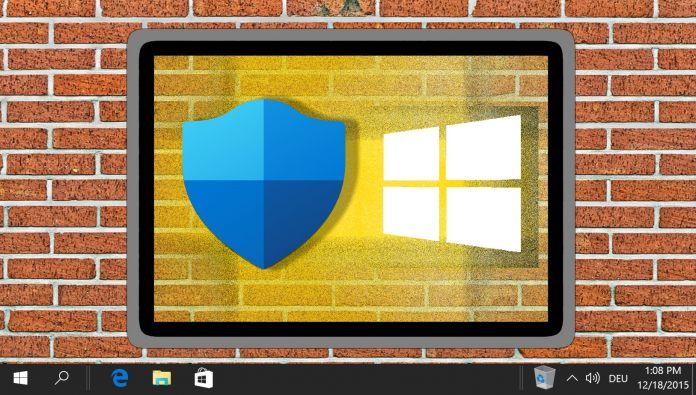Microsoft has released critical out-of-band (OOB) updates for various versions of Windows Server, including Windows Server 2022, 2016, and 2012 R2, to address a significant memory leak issue in the Local Security Authority Subsystem Service (LSASS). The LSASS memory leak, which can lead to unscheduled reboots of domain controllers, has been a pressing concern for administrators. The updates, which are available as of March 22, 2024, aim to prevent potential disruptions in domain controller operations by rectifying the memory leak problem that predominantly affects Kerberos authentication requests.
Details of the Update
The updates, identified as KB5037422 for Windows Server 2022, KB5037423 for Windows Server 2016, and KB5037426 for Windows Server 2012 R2, are designed as cumulative patches. This means they incorporate all previous updates, eliminating the need for sequential patch installations. Microsoft has assured users that these updates supersede all prior versions, streamlining the update process for affected systems. A forthcoming update for Windows Server 2019 is also announced to be in the pipeline, expected to arrive shortly. Administrators are encouraged to prioritize these updates, especially if the March 2024 security updates have not yet been applied.
Impact and Recommendations
The LSASS memory leak issue is specific to Windows Server environments, particularly impacting domain controllers that manage network security and user authentication through Active Directory. Regular home users and personal devices remain unaffected by this issue. Microsoft’s swift response underscores the critical nature of maintaining operational integrity and security within enterprise environments. Organizations utilizing the affected server platforms are advised to install the OOB updates promptly to mitigate risks associated with the memory leak. Detailed installation instructions and further information are accessible through the Microsoft Update Catalog.
In parallel to addressing the LSASS memory leak, Microsoft has announced the expansion of its AI-powered assistant, Copilot, to more eligible devices, with a complete rollout expected by the end of May 2024. This development reflects Microsoft’s ongoing commitment to enhancing user experience across its product range, leveraging advanced AI technologies to offer more intuitive and efficient user interactions.




